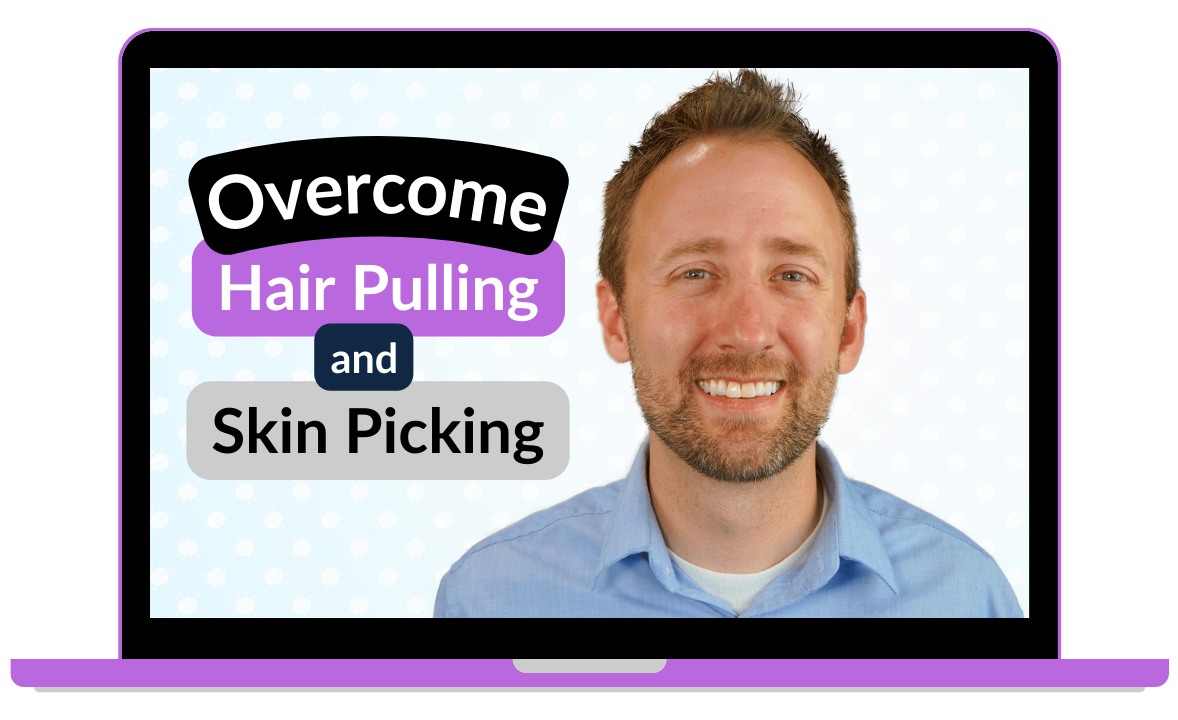The Hair Pulling Test: How To Know If You Have Trichotillomania

Hair Pulling
Also known as a body-focused repetitive behavior (BFRB). Hair pulling affects 1 in 50 people. Take the test to see if you experience hair pulling and learn the severity.
Trichotillomania is a condition that results in an irresistible urge to pull out one's own hair. It can cause significant distress and have a major impact on a person's life. To diagnose trichotillomania, the Hair Pulling Test is often used. In this blog post, we'll discuss what the Hair Pulling Test is and how it can help in the trichotillomania diagnosis process.
Overview Of Hair Pulling Test
The hair pulling test is a simple yet effective way to diagnose Trichotillomania, an obsessive-compulsive disorder that leads people to compulsively pull out their hair. The hair pulling test is designed to determine whether a person is actually pulling out their hair or if it is being done as a result of an external force such as hairstyling or brushing. It is a relatively simple test that requires the person to tie a piece of thread around their hair and then tug on it gently in order to see if the hair can be pulled out with ease.
The hair pulling test is especially helpful for those with short hair since it can be difficult to determine if hair loss is due to trichotillomania or not. The test involves tying a piece of thread around the hair, at the scalp level, and then gently tugging on it. If the thread comes off easily, it means that the hair is being pulled out. If the thread does not come off easily, it means that the hair is not being pulled out and is likely due to another external cause.
What Causes Trichotillomania?
Trichotillomania is a complex condition with no single cause. It is likely caused by a combination of biological and psychological factors.
Biologically, it is believed that the body's chemistry can be out of balance, leading to compulsions such as hair pulling. Other biological influences may include low serotonin levels, as well as genetic components.
Psychologically, trichotillomania may be triggered by stress, boredom, or other negative emotions. Many sufferers report that they pull their hair in order to cope with anxiety or depression. Additionally, people with trichotillomania often experience a compulsion to pull their hair when they are anxious or feeling overwhelmed.

Diagnosing Trichotillomania
Trichotillomania is a type of mental health disorder that is characterized by compulsive hair-pulling behavior. To diagnose trichotillomania, a doctor or mental health professional may do a physical examination, look for signs of hair loss, and ask about the individual’s history of pulling out their hair.
The Hair Pulling Test is a simple, non-invasive procedure used to help diagnose trichotillomania. This test involves the patient combing their fingers through their hair while in front of a mirror. If the patient experiences an urge to pull their hair during the test, this can indicate the presence of trichotillomania.
The physician may also ask about other symptoms associated with trichotillomania, such as feelings of tension before pulling out hair, relief after the hair is pulled out, or attempting to resist the urge to pull out hair. The patient may also be asked questions about their thoughts and feelings related to hair pulling.
If the patient is diagnosed with trichotillomania, they should follow their doctor’s treatment plan and recommendations to manage their symptoms and reduce hair pulling behaviors. Treatment usually includes cognitive-behavioral-therapy, medication, and alternative therapies such as mindfulness meditation and relaxation techniques. It also includes habit reversal and the ComB model. It is important to remember that trichotillomania is a chronic condition and long-term management is key to reducing its symptoms.
Anyway, if you want to know more about hair pulling test, we suggest you to visit OCD and Anxiety Online.



